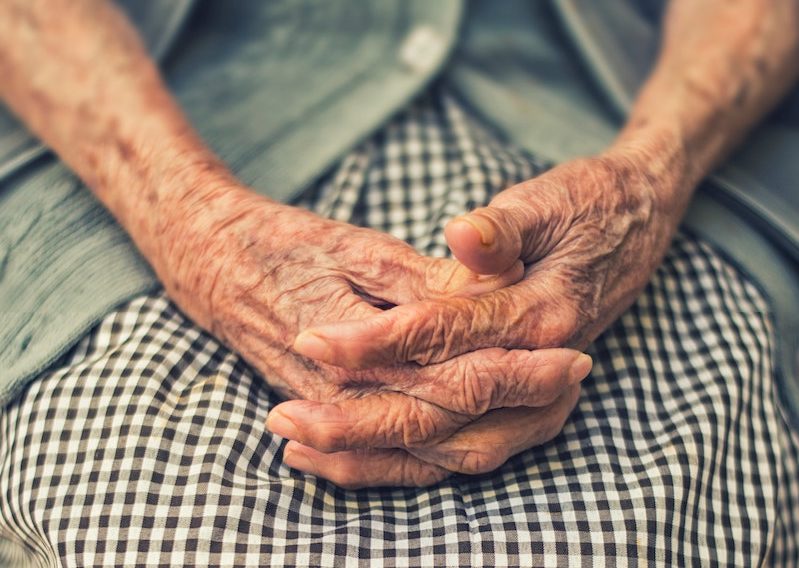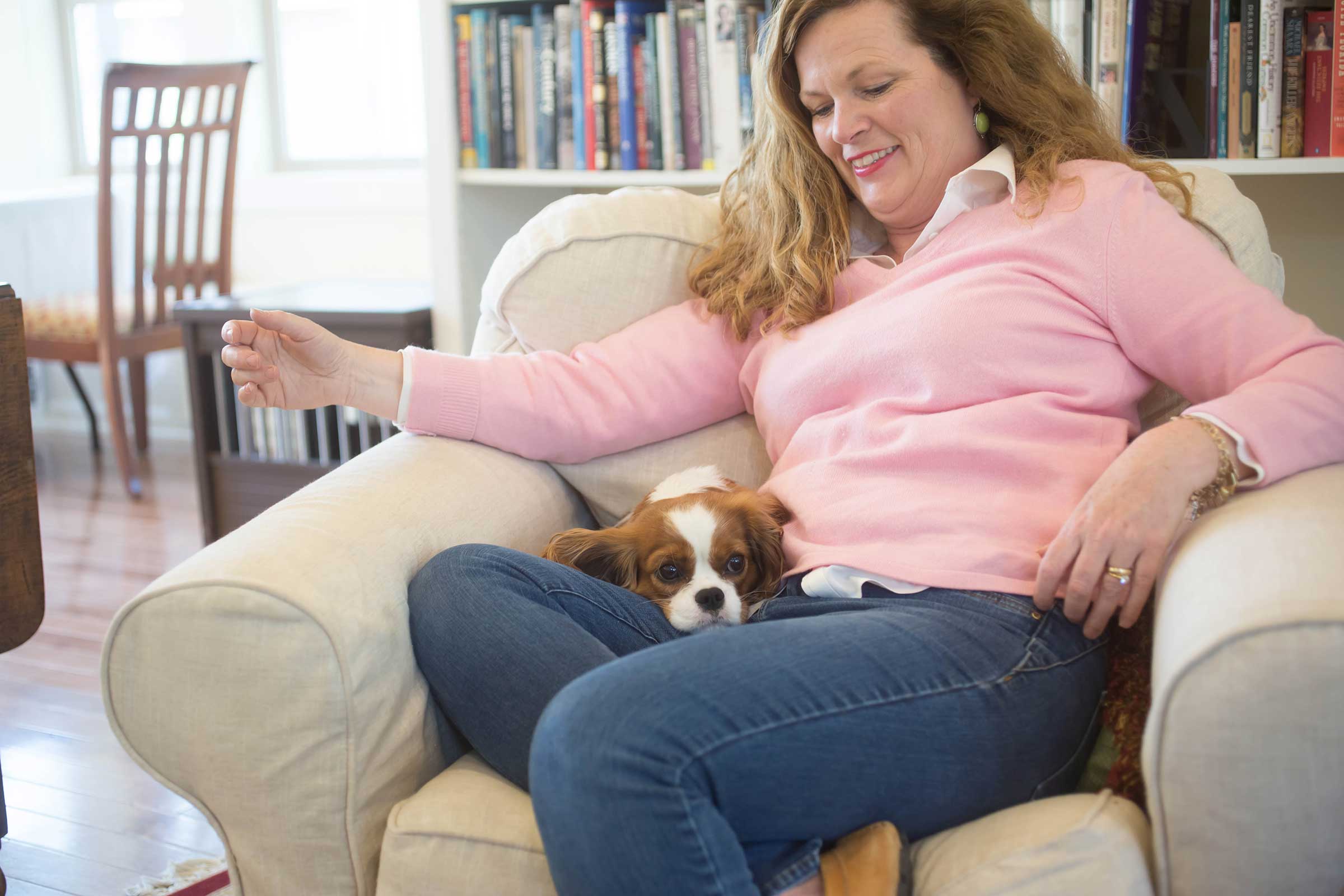This post may contain affiliate links. Full disclosure policy

A word from Marie…
My good friend and fellow writer, Scott Finley, works for the Alzheimer’s Association of Texas. Knowing how many of us are caregivers to family members suffering from Alzheimer’s or dementia, I asked if he would be kind enough to write a post about helping keep our loved ones safe during this difficult time. His advice is very helpful, but as I read the post, I was struck by how many of his tips can serve as guides for anyone in a caregiving role who may be sheltering in place with disabilities. I know you will find Scott’s insights useful.
Caregiving while sheltering in place presents special challenges. However, my heart especially goes out to those who are unable to visit their loved ones who are living in nursing homes, hospitals, or other residential care settings. Technology can make these hard days a little easier. If possible, try to work with the nursing and care staff to arrange for regular phone calls or even FaceTime or Skype computer visits with your family member or friend. Being separated from your loved ones can make you feel sad and sometimes even guilty, but try to remember that doing so is necessary for their safety and yours. In the meantime, I’ll be updating my blog to try to provide additional tips and resources during this time.
You may be an Alzheimer’s caregiver who is sheltering in place at home with a person living with Alzheimer’s during the COVID-19 crisis. If so, here are a few tips from the Alzheimer’s Association for helping you to weather the storm.
First, help people living with Alzheimer’s practice safe hygiene
People with Alzheimer’s and other dementia may forget to wash their hands or follow other precautions to ensure safe hygiene. Caregivers are encouraged to be extra vigilant in helping individuals practice safe hygiene.
- Consider placing signs in the bathroom and elsewhere to remind people with dementia to wash their hands with soap for 20 seconds.
- Demonstrate thorough hand-washing.
- Alcohol-based hand sanitizer with at least 60% alcohol can be a quick alternative to hand-washing if the person with dementia cannot get to a sink or wash his/her hands easily.

It’s also important for you as a caregiver to stay healthy. Follow the Centers for Disease Control protocols.
-
- Avoid close contact with people who are sick.
- Avoid touching your eyes, nose, and mouth.
- Stay home when you are sick; work from home.
- Cover your cough or sneeze with a tissue, then throw the tissue in the trash.
- Clean and disinfect frequently touched objects and surfaces using a regular household cleaning spray or wipe.
- Wash your hands often with soap and water for at least 20 seconds, especially after going to the bathroom; before eating; and after blowing your nose, coughing or sneezing.
If your family member is in a residential, assisted living or nursing home setting, do not visit if you have any signs or symptoms of illness.
Monitor Sudden or Sustained Changes in Behavior
People living with Alzheimer’s and other dementias may not be able to communicate if they are feeling bad and showing early symptoms of illness.
It is important that caregivers monitor family members closely and respond quickly to any signs of distress, discomfort, or increased confusion. These signs do not necessarily indicate a serious condition like COVID-19, but it’s important that caregivers be diligent in investigating what is causing any sudden or sustained change in behavior. Even when people living with Alzheimer’s cannot communicate verbally, their actions may be sending a message.
Pay attention to flu or pneumonia-like symptoms and report them to a medical professional immediately.
Be Calm and Create a Nurturing Environment while Sheltering in Place with Disabilities
The current COVID-19 pandemic is creating added anxiety for everyone. Do your best to remain calm, particularly in your interactions with family members living with dementia. Oftentimes, these individuals will take their cues from the people who surround them. Creating a calm environment will help individuals living with dementia feel safe and protected.
If home health care workers or other caregivers are using surgical masks for added protection in the current environment, be sure to communicate this to the person with the disease in ways they can understand to alleviate any fear or anxiety this change may cause.
Anticipate and Prepare that Current Care and Support Options May Change
It is important for families to anticipate that less help and support may be available. For example, many adult day care programs are shutting down temporarily during the crisis and home health services may also become less available. It is also important to discuss alternative plans for care management if the primary caregiver should become sick.
It’s important for families to anticipate these changes and make plans for filling gaps in caregiving. This may require asking family members and friends to help with additional caregiving responsibilities or seeking previously untapped resources for additional help.
Keep Prescriptions Filled

Caregivers may also want to ask their pharmacist or doctor about filling prescriptions for a greater number of days to reduce trips to the pharmacy.
For more information on caregivers, Alzheimer’s, and COVID-19, visit the Alzheimer’s Association page on this subject.
If you have questions, call the Alzheimer’s Association 24/7 helpline at 800-272-3900 for more information.
The Alzheimer’s Association leads the way to end Alzheimer’s and all other dementia – by accelerating global research, driving risk reduction and early detection, and maximizing quality care and support. Our vision is a world without Alzheimer’s and all other dementia. Visit alz.org or call 800.272.3900.
Scott Finley is Media Relations Manager for the Alzheimer’s Association® in Texas. He can be reached at scfinley@alz.org


